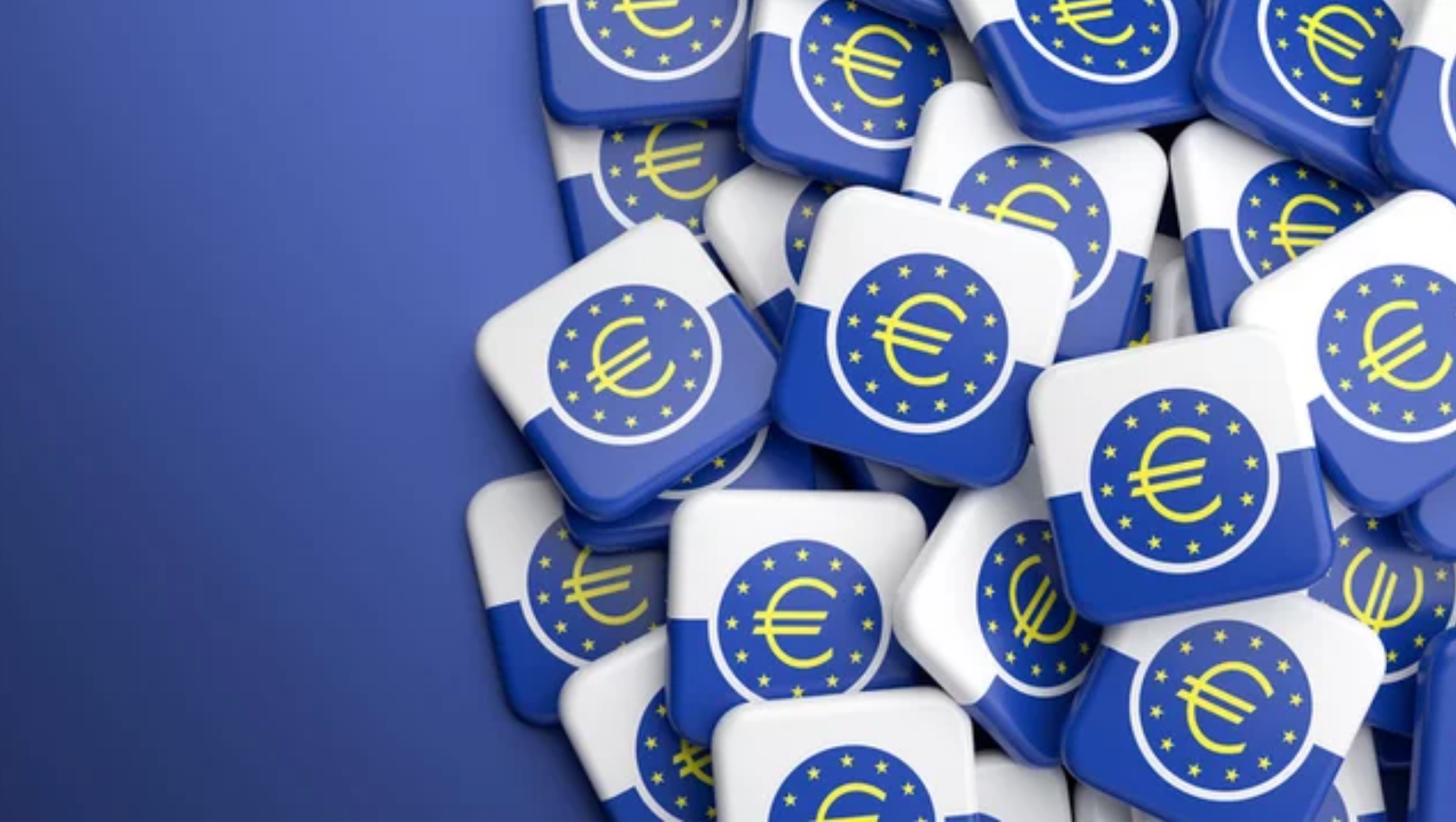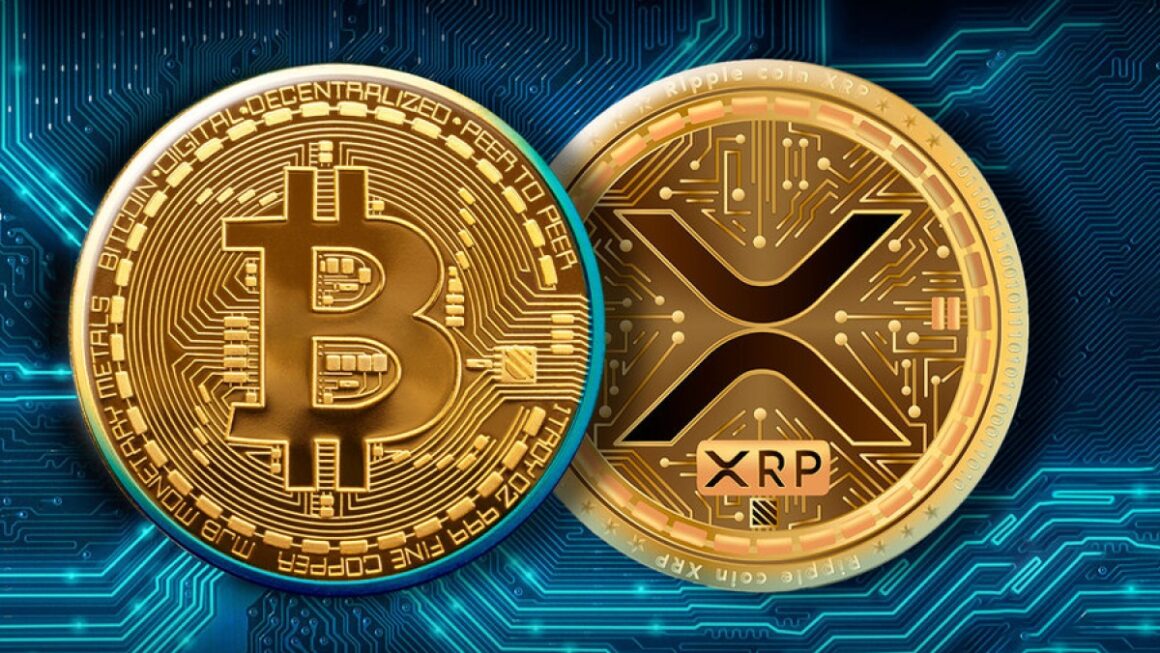The European Central Bank (ECB) has announced plans to launch a digital version of the euro. The move comes as the world increasingly shifts towards digital payments, and the ECB aims to remain competitive in the global financial market. In this article, we will explore what the digital euro is, how it differs from traditional currencies, and what it could mean for the future of the European economy.
Introduction to the Digital Euro
The digital euro is a form of central bank digital currency (CBDC) that will be issued by the ECB. It will be a digital version of the physical euro, but with a number of additional features that make it more versatile and accessible. The ECB has been exploring the possibility of a digital euro for several years, and it has now confirmed that it will launch a two-year investigation phase to explore the feasibility of the project.
How Will the Digital Euro Work?
The digital euro will work in much the same way as traditional currency, but with some important differences. Firstly, it will be a digital asset, which means it will exist purely in digital form. This will make it easier and more convenient to use, particularly for online transactions. Secondly, the digital euro will be backed by the ECB, which means that it will be just as secure and reliable as traditional currency. Finally, the digital euro will be based on blockchain technology, which means that it will be decentralised and transparent.
Benefits of the Digital Euro
The digital euro offers a number of benefits over traditional currency. Firstly, it will be more secure and reliable, as it will be backed by the ECB. This means that users will not have to worry about the security of their funds, as they will be protected by the same safeguards as traditional currency. Secondly, the digital euro will be more convenient to use, as it will be available for use online and in mobile apps. This will make it easier for people to make purchases and transfer funds. Finally, the digital euro will be more efficient, as it will reduce the need for physical cash and the associated costs of printing and distributing it.
Potential Risks of the Digital Euro
There are also some potential risks associated with the digital euro. Firstly, there is the risk of cyberattacks and hacking, which could compromise the security of the digital euro. Secondly, there is the risk of money laundering and other financial crimes, as the digital euro could be used to facilitate illicit transactions. Finally, there is the risk of financial exclusion, as not everyone may have access to the technology required to use the digital euro.
Impact on the European Economy
The launch of the digital euro could have a significant impact on the European economy. Firstly, it could make the euro more competitive in the global financial market, as it would be more versatile and accessible than traditional currency. Secondly, it could make cross-border transactions easier and more efficient, which would benefit businesses and consumers alike. Finally, it could help to promote financial inclusion, as it would be easier for people without access to traditional banking services to use the digital euro.
Conclusion
The digital euro represents a major development in the world of finance, and its launch could have significant implications for the European economy. While there are some potential risks associated with the digital euro, there are also a number of benefits that make it an attractive proposition. Ultimately, the success of the digital euro will depend on a range of factors, including its security, accessibility, and acceptance by consumers and businesses.
FAQs
-
When will the digital euro be launched? A: The ECB has launched a two-year investigation phase to explore the feasibility of the digital euro, so it is unlikely to be launched for several years.
-
How will the digital euro differ from traditional currency? A: The digital euro will differ from traditional currency in several ways. Firstly, it will exist purely in digital form, making it more convenient for online transactions. Secondly, it will be backed by the ECB, making it just as secure and reliable as traditional currency. Finally, it will be based on blockchain technology, making it decentralised and transparent.
-
Will the digital euro replace traditional currency? A: The digital euro will not replace traditional currency, but rather coexist alongside it as a complementary form of payment.
-
How will the digital euro be regulated? A: The digital euro will be regulated by the ECB, which will ensure that it complies with all relevant laws and regulations.
-
What impact could the digital euro have on the global financial market? A: The digital euro could make the euro more competitive in the global financial market, as it would be more versatile and accessible than traditional currency. However, its impact will depend on a range of factors, including its security and acceptance by consumers and businesses.














